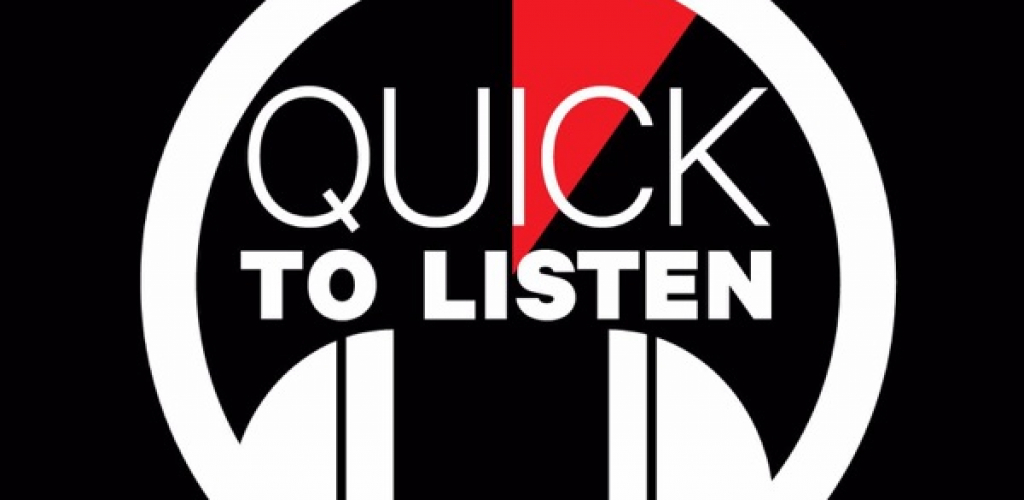This year, existing worries have likely been compounded by fears and anger over mass shootings, the war in Ukraine, sex abuse scandal cover-ups by church leaders, a massive drought on the Southwest side of the country, climate change inaction, spiking fentanyl deaths, and an explosion in homelessness.In the midst of this, why should Christians hope?
Carmen Joy Imes is associate professor of Old Testament at Biola University’s Talbot School of Theology. She previously joined the show to nerd out about the Bible in light of Donald Trump getting COVID-19 and controversy over the San Francisco school board seeking to drop the names of well-known Americans from their schools.
Imes joined global media manager Morgan Lee to discuss what it looks like to practice hope in the midst of despair and how we move past Christian platitudes and flimsy one-liners to a robust faith in something greater than our present circumstances.
What is Quick to Listen? Read more.
Rate Quick to Listen on Apple Podcasts
Follow the podcast on Twitter
Follow the host on Twitter: Morgan Lee
Music by Sweeps
Quick to Listen is produced Morgan Lee and Matt Linder
The transcript is edited by Faith Ndlovu
Learn more about your ad choices. Visit podcastchoices.com/adchoices


